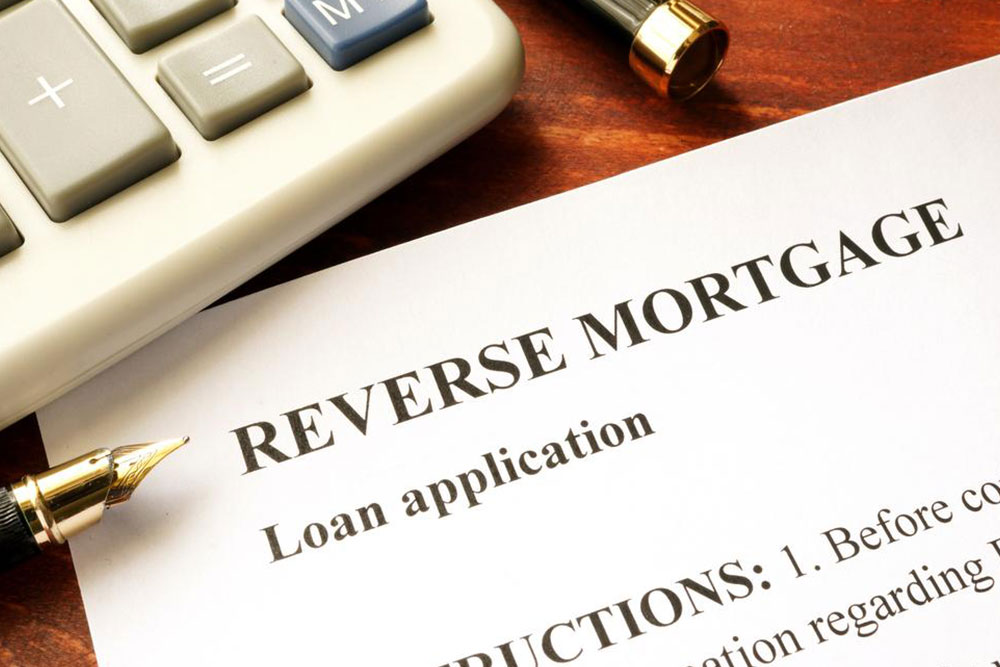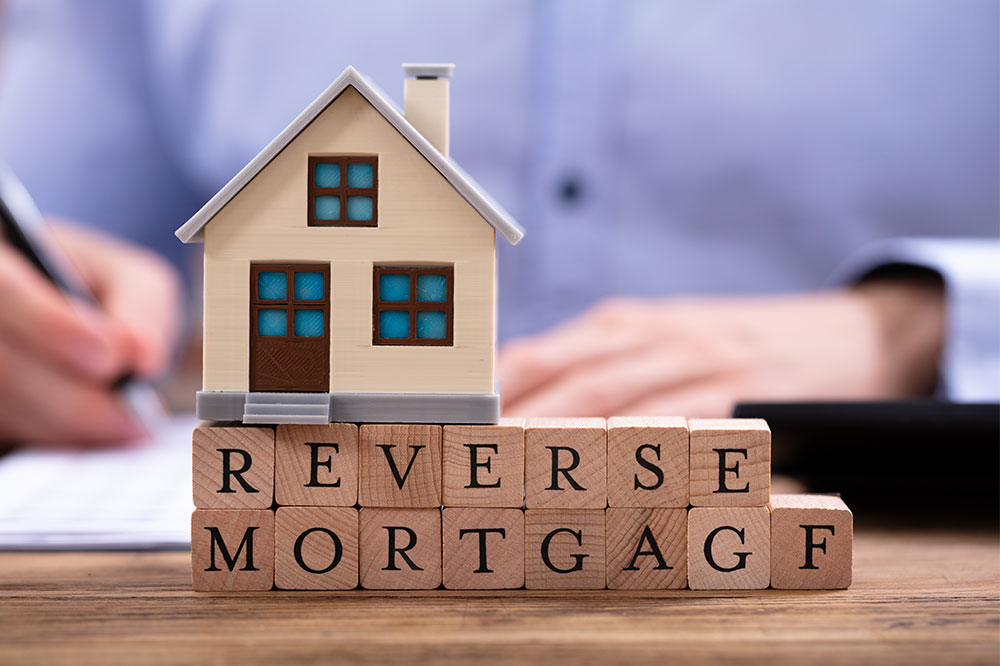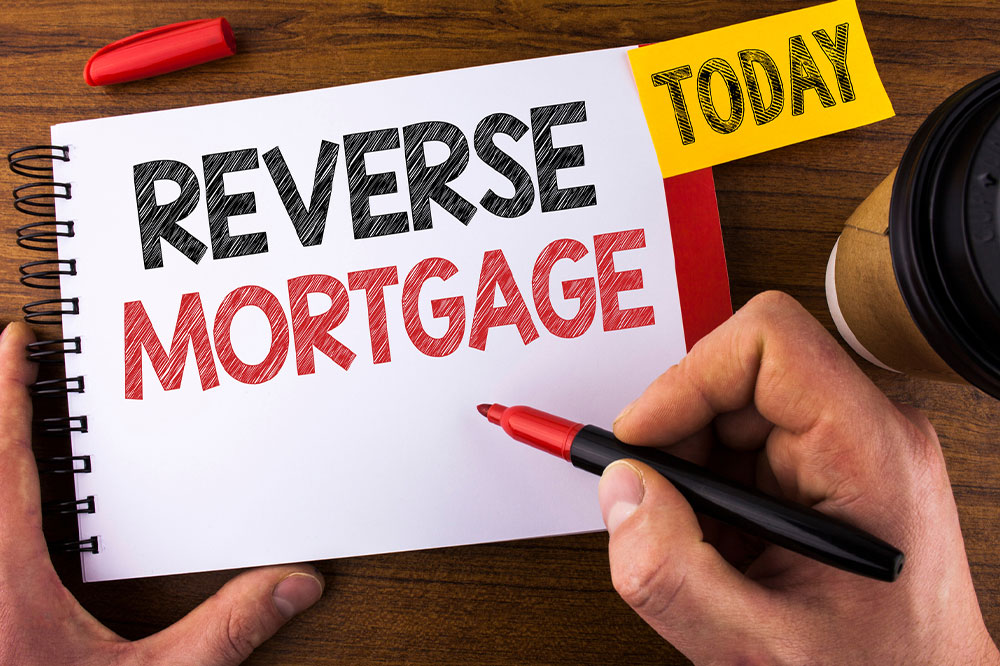Comprehensive Guide to Reverse Mortgage Eligibility: What Seniors Need to Know
This comprehensive guide explains the eligibility criteria for reverse mortgages, focusing on senior homeowners seeking to leverage their home equity for financial stability in retirement. It covers age requirements, homeownership conditions, financial obligations, and disbursement options, emphasizing the importance of counseling and careful planning. Understanding these details helps seniors make informed decisions about enhancing their retirement income through reverse mortgages, ensuring the financial product suits their long-term residence and stability needs.

Understanding the Criteria Required for Qualifying for a Reverse Mortgage
For many senior homeowners, a reverse mortgage presents an excellent opportunity to access the accumulated equity in their property to bolster their financial stability during retirement. This financial product allows older adults to convert part of their home’s equity into cash without the need to sell their property. The disbursed funds are typically tax-free and do not require monthly repayments, providing flexibility and peace of mind. However, not everyone qualifies for this type of loan; strict eligibility criteria are in place to ensure borrowers understand the implications and are capable of maintaining their property costs.
What Are the Key Eligibility Conditions for a Reverse Mortgage?
To qualify for a Home Equity Conversion Mortgage (HECM), which is the most common form of reverse mortgage backed by the U.S. Department of Housing and Urban Development (HUD), applicants must meet several specific requirements. These conditions are designed to confirm the borrower’s age, homeownership status, financial stability, and willingness to participate in counseling sessions.
Below are the detailed eligibility criteria you need to be aware of:
Age Requirement: Applicants must be at least 62 years old. This age threshold ensures that the borrower is at retirement age or older, where the loan can effectively support long-term financial planning.
Primary Residence: The property in question must serve as the borrower’s primary residence. Typically, this means living in the home for at least 12 months out of the year. Second homes or investment properties do not qualify for reverse mortgages.
Ownership Status: The homeowner should either own the home outright or have a low remaining mortgage balance that is fully paid off before loan closing. This ensures that the reverse mortgage covers a significant portion of the remaining mortgage or is secured against the home’s equity.
Financial Standing: There must be no unpaid federal debts such as overdue taxes or student loans, which could jeopardize the loan approval. It's important to note that while existing debts cannot be overdue, loan proceeds can be utilized to settle debts, including taxes and personal loans.
Financial Reserves and Ongoing Expenses: Borrowers should either have designated funds or reserves to cover ongoing property-related expenses, such as property taxes, homeowner’s insurance, and maintenance costs. Proper financial planning for these recurring costs is essential because defaulting on these obligations can lead to foreclosure.
Home Condition and Counseling: The home must be in good repair to meet safety and livability standards. Additionally, applicants are required to undergo HUD-approved counseling sessions. These sessions provide vital information about the loan’s terms, obligations, and potential risks, ensuring transparent understanding before proceeding.
The amount that can be borrowed through a reverse mortgage depends on several factors, including the borrower’s age, the appraised value of the home, current interest rates, and the FHA lending limits. Borrowers can choose from various disbursement options to best suit their financial goals:
A line of credit that can be accessed at any time, offering flexibility for future needs.
Fixed monthly payments over a predetermined period, which remain constant regardless of fluctuations in home value or interest rates.
Monthly payments continuous until the borrower’s passing or when they move out permanently, commonly known as the tenure payout option.
A hybrid approach combining a line of credit with fixed periodic payments, tailored to meet specific financial needs (modified term).
A combination of a line of credit with regular monthly payments if the home is the primary residence (modified tenure).
Important Tips and Considerations
It’s essential to understand that reverse mortgages are exclusively for primary residences. Vacation homes, second homes, or rental properties are not eligible under these programs. Typically, lenders authorize up to 80% of the home’s appraised value within the limits defined by FHA regulations, ensuring borrowers do not over-leverage. This financial option is particularly suitable for seniors planning to remain in their homes long-term after retirement. It is also useful for supplementing other retirement income or investments.
Given the complexity and long-term implications of a reverse mortgage, consulting with a qualified financial advisor or housing counselor before applying is strongly recommended. Properly assessing your financial situation, understanding the obligations, and exploring all available options can help ensure reverse mortgage benefits align with your retirement planning goals.





